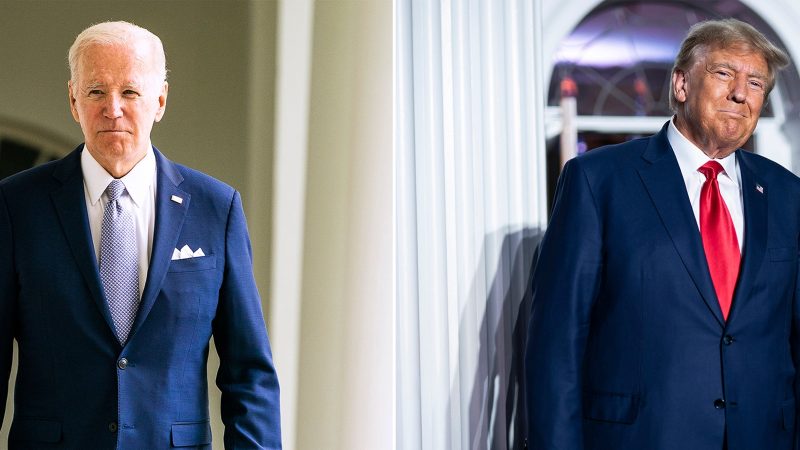In a surprising turn of events, the 2017 Tax Cut has emerged as a central battleground between former President Donald Trump and current President Joe Biden. The tax cut, officially known as the Tax Cuts and Jobs Act (TCJA), was a key legislative achievement for the Trump administration. However, President Biden has proposed significant changes to the tax code, which includes rolling back some of the provisions of the 2017 Tax Cut.
One of the most contentious issues surrounding the 2017 Tax Cut is its impact on the economy. Proponents argue that the tax cut stimulated economic growth, leading to increased investment and job creation. They point to the record-low unemployment rates and strong GDP growth during the Trump administration as evidence of the tax cut’s success. On the other hand, critics argue that the tax cut primarily benefited the wealthy and corporations, exacerbating income inequality in the country. They also claim that the tax cut did not pay for itself, adding trillions to the national debt.
President Biden’s proposed changes to the tax code are aimed at reversing some of the provisions of the 2017 Tax Cut. One of the key proposals is to increase the corporate tax rate from 21% to 28%, undoing a key provision of the tax cut that lowered the corporate tax rate. Biden argues that this increase is necessary to fund his administration’s ambitious infrastructure and social programs. However, opponents of the increase warn that it could stifle economic growth and discourage investment.
Another proposal put forward by President Biden is to increase the top individual tax rate to 39.6% for those earning over $400,000 per year. This move is seen as a way to ensure that the wealthy pay their fair share in taxes and help fund social programs and infrastructure investments. However, critics argue that raising taxes on high earners could disincentivize entrepreneurship and innovation.
The battle over the 2017 Tax Cut is likely to continue as President Biden pushes his tax proposals through Congress. It remains to be seen whether the Biden administration will be successful in rolling back some of the provisions of the tax cut and whether these changes will have the desired impact on the economy and government revenue. This debate underscores the stark ideological differences between the two administrations and the ongoing struggle to find a balance between stimulating economic growth and ensuring a fair and equitable tax system.
